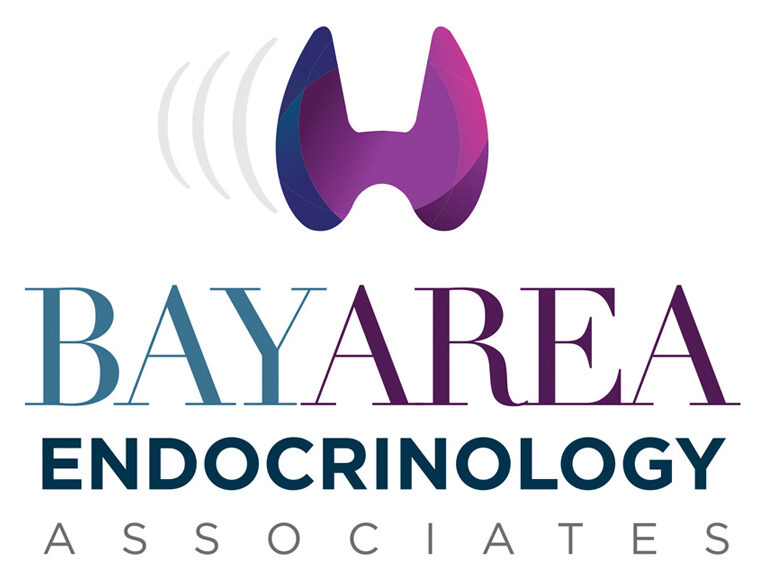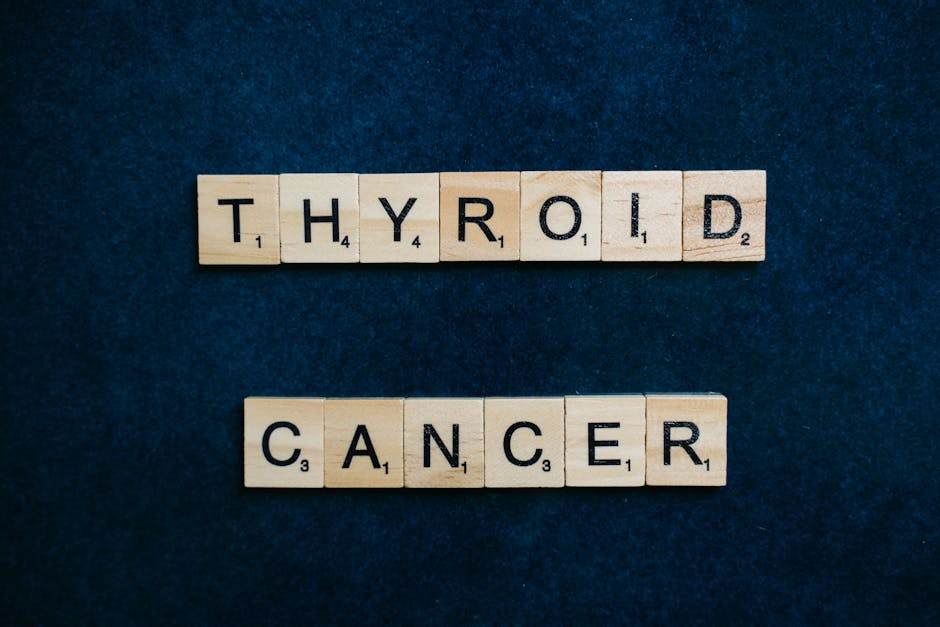The thyroid gland is extremely important for overall health. The hormones produced and stored have an effect on our metabolism and on virtually all of the organs in the body. Radioiodine therapy has been effective treatment for more than 60 years for certain thyroid diseases.
What is Radioiodine Therapy?
The thyroid gland is unique, requiring large amounts of iodine in order to function. It is the only bodily tissue that takes up and retains iodine. Iodine is “pumped” into the thyroid’s cells, where it becomes concentrated and is known as iodide.
Iodide is made radioactive and given to the patient in either liquid or capsule form. It is absorbed by the thyroid and is able to destroy thyroid cells, but it has little effect on the rest of your body.
When Would an Endocrinologist Recommend Radioiodine Therapy?
Hyperthyroidism (Overactive Thyroid)
Before effective treatments were developed, the death rate was 50% for those suffering from severe hyperthyroidism. Today, few people die from this disease. An endocrinologist treats hyperthyroidism with surgery, antithyroid drugs and radioiodine therapy depending on the circumstances. Treating hyperthyroidism with radioiodine therapy doesn’t increase the risk of thyroid cancer for the patient.
Radioiodine therapy is typically effective, safe and easy. It is often an endocrinologist’s first treatment choice for hyperthyroidism. The patient usually receives the maximum benefit from this treatment within six months.
Thyroid Cancer
Since the thyroid gland absorbs just about all of the iodine in your body, radioiodine therapy is often used to treat the two most common forms of thyroid cancer, papillary cancer and follicular cancer. This treatment can also be used following surgery to eradicate any remaining cancer cells.
Can a Pregnant Woman be Treated With Radioiodine Therapy?
Before treatment, pregnancy testing is required. If a woman’s pregnancy is discovered after being treated, consult a gynecologist as terminating the pregnancy should be considered.
Breast-feeding isn’t allowed following radioiodine treatment. The baby’s thyroid could be damaged by even a tiny amount of radioactive iodine in the mother’s milk. Both men and women should postpone having a child for at least six months.
In the Tampa Bay area, Bay Area Endocrinology Associates has multiple board certified endocrinologists treating thyroid and metabolic conditions, including Dr. Pedro I. Troya. Since the practice is focused on a single specialty, they have the experience needed for the most challenging thyroid conditions.







